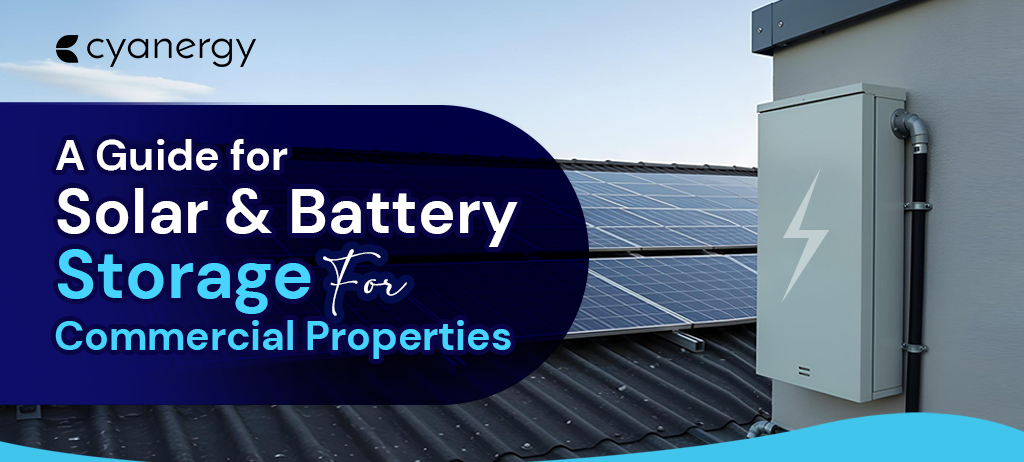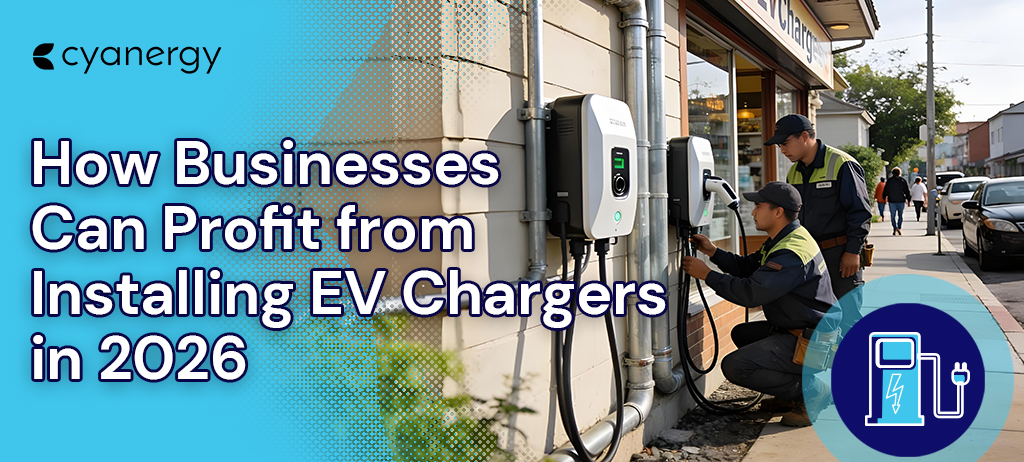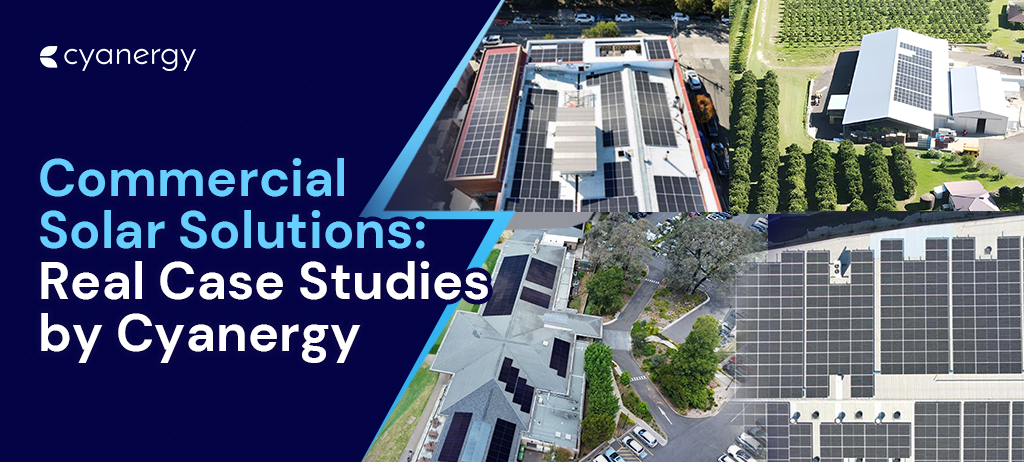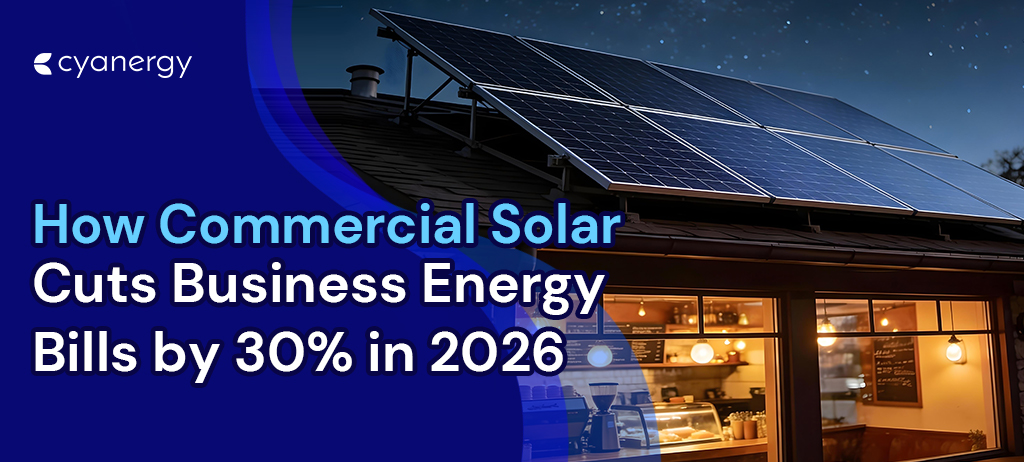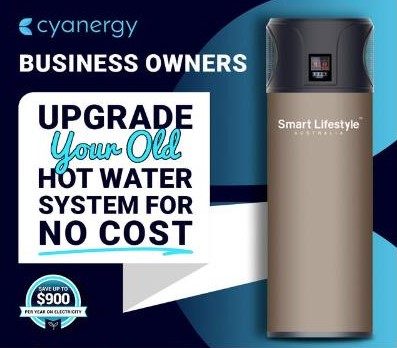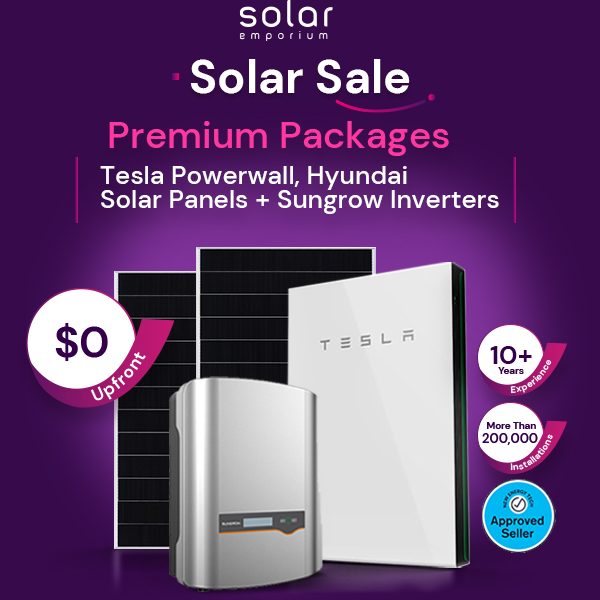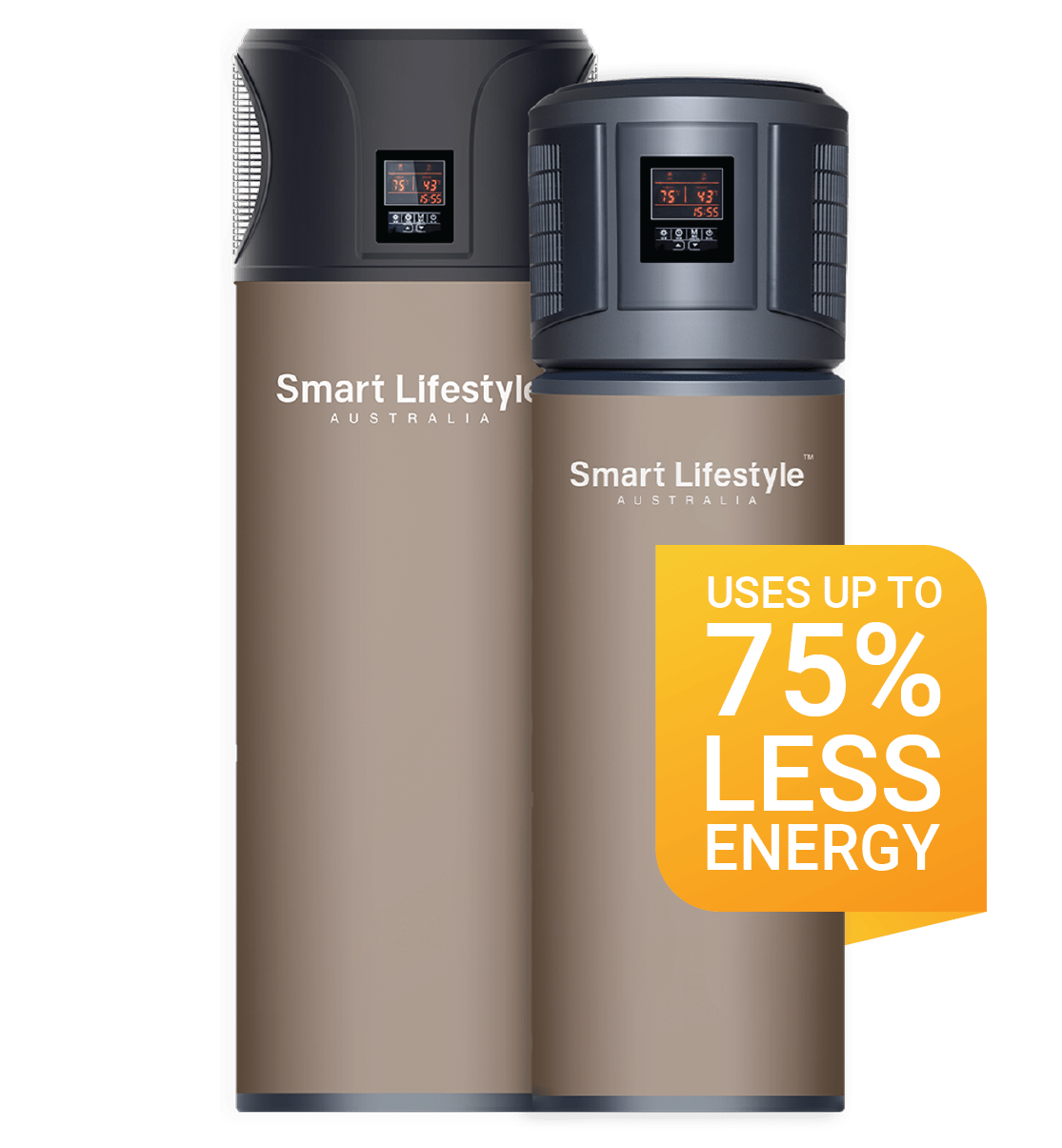A steady hot water supply is very important for a happy home. If your water isn’t hot, consider getting a new system.
When choosing an electric hot water system, the size is crucial. You need to find the right balance between your hot water needs and efficiency to avoid high costs for heating and storing unused water.
So, how do you choose the ideal size of water heater system for your home? Here is a guide for Australians to help determine your hot water needs.
This blog has everything you require, from size guides to types of hot water systems and key questions to ask, making it a complete resource for all your hot water sizing needs.
Different Types of Hot Water Systems and Their Features
When choosing a hot water system heat pump, consider these points to find the best one for your needs:
Storage hot water units: These are sized based on the number of people in your home. More people mean you’ll need a larger storage unit.
Solar hot water systems: Like storage units, the size of a solar hot water system depends on the number of people living in the home.
Continuous flow/instantaneous water heaters: These are sized based on the number of hot water outlets in your home. More outlets mean you’ll need a larger system.
Choosing the Right Size Hot Water System
Hot water heat pump systems come in various sizes, from 25L to over 400L. Choosing the right size is important to properly utilize all the hot water.
Factors to Consider:
1. Number of People:
How many people live in your home? More people means a larger system.
2. Number of Rooms and Water Usage Patterns:
Consider daily water usage: showers, dishwashing, laundry, and baths. Generally, each person uses about 50L of hot water daily. For a family of four, that’s 200L daily.
Also, how many rooms you have in your home is crucial. And it basically determines the size of heat pump you will need.
3. Showers and Outlets:
Count the number of bathrooms, taps, and other hot water outlets. More outlets mean a larger system is needed.
4. Water Usage Times:
Identify peak usage times, like morning showers or evening dishwashing. Knowing this helps you understand your maximum water needs.
5. Dishwasher:
Dishwashers use about 15L per load, which should be considered in total water use.
6. Washing Machine:
Washing machines can use a lot of water. Some use up to 130L per load. If connected to hot water, this affects your system size.
7. Shower Heads:
Different shower heads use different amounts of water. Some, like aerated shower heads, use less water without reducing pressure. Knowing your shower head type helps determine tank size.
8. Shower and Bath Times:
When do most showers or baths happen? Morning, evening, or both? How long do they last?
9. Washing Clothes:
If your washing machine uses hot water, this adds to your total usage. Front-loaders often heat their water, while others might use your hot water system.
10. Pipe Runs:
Long pipes from the system to outlets can be inefficient, causing delays and wasting energy. Shorter, insulated pipes are better. A good plumber can help, but it will add to the cost.
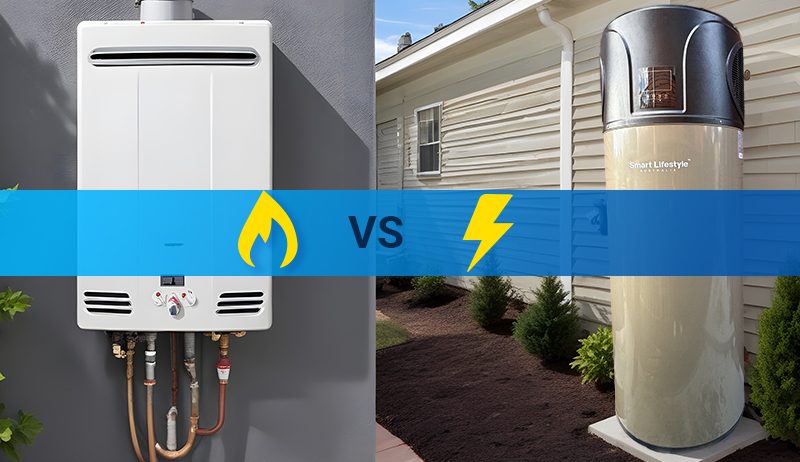
Electric Heat Pump vs. Gas Hot Water: Which is Better?
When choosing between an electric heat pump and a gas hot water system, the electric heat pump stands out for several reasons:
Energy Efficiency:
Electric heat pumps are highly energy-efficient. They use electricity to transfer heat from the air to the water, which requires much less energy than generating heat directly. This means lower energy bills over time compared to gas systems.
Environmental Impact:
Electric heat pumps produce fewer greenhouse gas emissions. Since they use ambient air to heat water, they rely less on fossil fuels. The environmental benefits are even greater if your electricity comes from renewable sources.
Safety:
Electric heat pumps are safer than gas systems. There’s no risk of gas leaks or carbon monoxide poisoning, which are potential hazards with gas hot water systems.
Running Costs:
Although the initial installation cost of an electric heat pump can be higher, the running costs are generally lower. Heat pumps’ efficiency means you’ll spend less on energy in the long run.
Longevity and Maintenance:
Electric heat pumps typically have a longer lifespan and require less maintenance than gas systems. This translates to lower maintenance costs and less frequent replacements.
Electric heat pumps offer greater energy efficiency, lower environmental impact, enhanced safety, and cost savings over time, making them a superior choice to gas hot water systems.
Types of Electric Heat Pumps
Air Source Heat Pumps (ASHPs):
These pumps use heat from the outside air to heat your home or hot water. They use thermal energy stored in the air from the sun.
Air-to-air Heat Pumps: Transfer heat from outside air directly to indoor air.
Air-to-water Heat Pumps: Transfer heat from outside air to water for heating systems or hot water.
Pros: Generally cheaper and easier to install.
Cons: Less efficient with lower heat output. Works best in well-insulated homes.
Multifunction Heat Pumps:
These advanced air source heat pumps have extra heat exchangers and smart controls to improve performance and efficiency.
Capabilities: Can operate in cooling only, heating only, or a combination of both.
Water Source Heat Pumps (WSHPs):
These pumps get heat from the ground or a water source below ground.
Ground Source Heat Pumps (GSHPs): Use solar heat stored on the earth’s surface.
Other Sources: Can also use heat from hot springs, volcanic activity, or waste heat from manufacturing.
Pros: More efficient than ASHPs because the ground temperature is more stable. Works well in various weather conditions.
Cons: More expensive and requires suitable drilling and piping areas.
Each type of heat pump has its pros and cons. Choose based on your property’s needs and conditions. For help, contact Cyanergy.
Rebates and Incentives
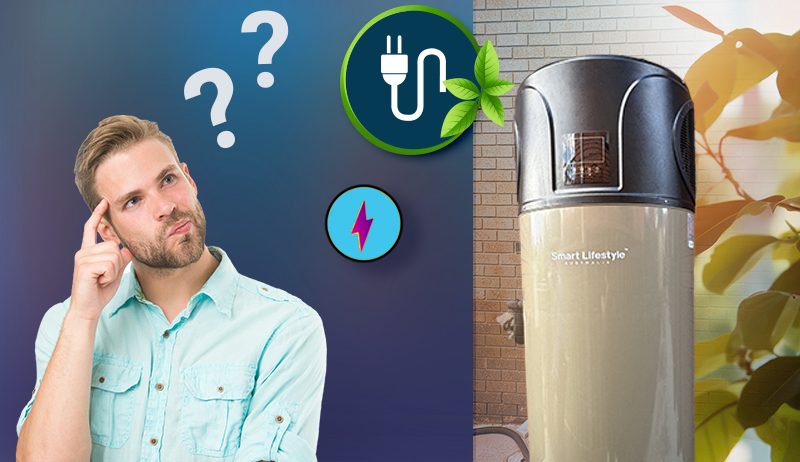
Solar For Business – Victoria Solar Rebate for Businesses (State Rebate)
Apart from federal solar rebates, there are also state rebates available for grabs. The Victorian government has set up incentives up to $3500 for businesses that install a 30kW renewable energy power source or less. Essentially the rebate is designed to cover 50% of the net cost of installation but is limited to $3500 for eligible businesses.
Also, Victorian businesses have the option to enjoy a $1000 to $5000 loan for opting to a renewable energy source free of interest. If claimed, you will have 12 to 24 months to pay it back in installments, or you can pay the grand total in one go.
To be eligible, you will have to
- operate from a non-residential property
- be individually metered
- have less than 50 FTE (Full Time Equivalent) employees (excluding the owner)
- partner up with Victoria-approved solar retailer
- install less than or equal to 30kW solar
- use CEC-approved equipment
- not receive this exact rebate (solar for business) previously
- rented or owners of the property both can apply, but the landlord cannot on behalf of the business
- Solar for business FACTSHEET.
Reach out to us today to know more about these schemes. You can also register for a free consultation session with our experienced solar engineers to get more insights customized to your property.
Can you use off-peak electricity for hot water systems?
You can use off-peak electricity rates for electric storage or instantaneous hot water systems.
With a ‘time of use’ or ‘flexible pricing’ tariff, you pay different rates for electricity used during ‘peak’ and ‘off-peak’ times. ‘Off-peak’ rates are usually between 10 pm and 7 am.
You’ll need to install a larger system to save money by using off-peak electricity for your hot water system.
This is because the system must provide hot water all day but only reheat at night during off-peak hours. For storage systems, this means you’ll need a larger tank.
Why Choose Smart Lifestyle Australia’s Air-Sourced Electric Heat Pump?
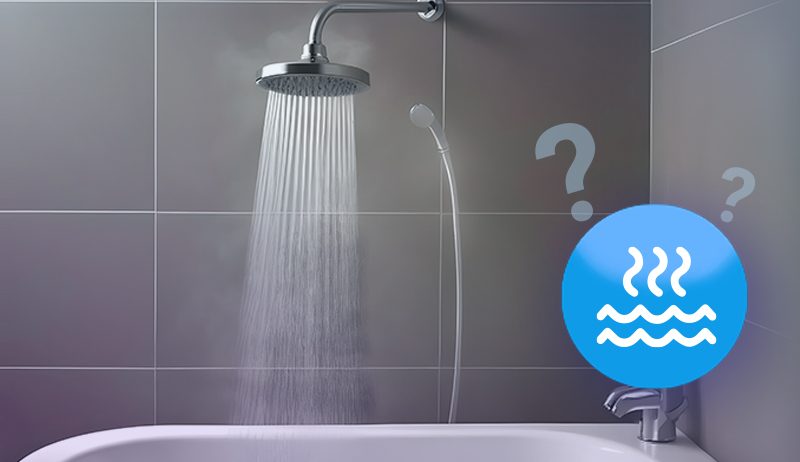
Smart Lifestyle Australia’s air-sourced electric heat pumps are highly energy efficient. This makes them a cost-effective choice for homeowners looking to save on energy expenses over time.
Our 300 L heat pumps are perfect for a mid to big-sized family. They are also eco-friendly, producing fewer greenhouse gases than traditional heating systems. This means they are better for the environment, helping to reduce your carbon footprint.
In addition to environmental benefits, our heat pumps are generally cheaper and easier to install than other heat pumps.
Another key advantage of SLA’s heat pumps is their reliable performance. They are designed to work efficiently even in colder temperatures, ensuring a consistent hot water supply and heating.
Safety is also a major benefit, as there is no risk of gas leaks or carbon monoxide, making them a safer option for your home.
Furthermore, you may qualify for government rebates and incentives when you install an air-sourced heat pump, which can significantly reduce the overall cost. Our heat pumps are built to last and require less maintenance, providing peace of mind for years.
Choosing Smart Lifestyle Australia’s heat pump means investing in a smart, green, cost-effective solution for your home’s heating needs.
Contact Cyanergy to enjoy hot water at your convenience. Get a free quote today!
